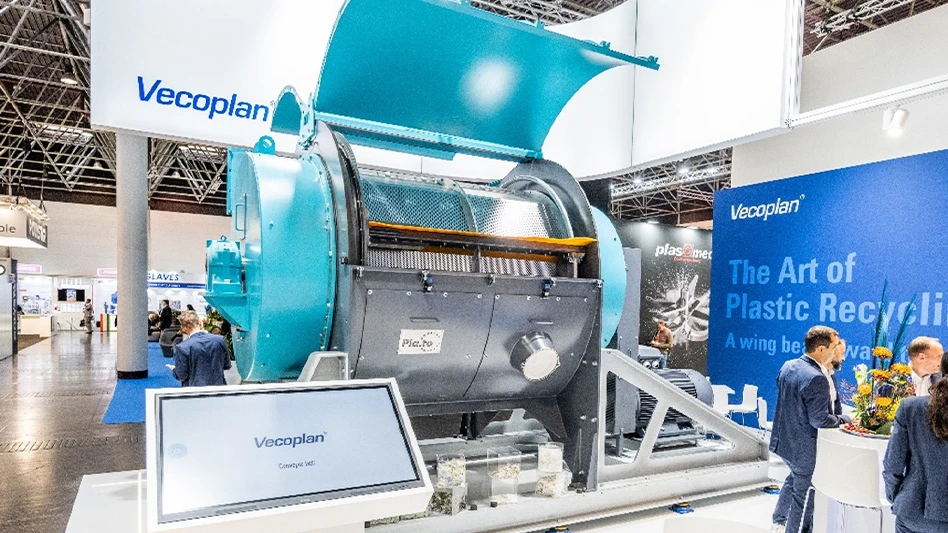
Stakeholders from Norway, Sweden, Finland and Denmark have launched a coalition to accelerate the circular economy in Nordic countries at the World Circular Economy Forum June 3-5 in Helsinki. The Nordic Circular Hotspot aims to establish a new platform that will increase knowledge sharing about circular economy business models between the Nordic markets, while exploring the opportunities for specific circular economy projects in the Nordic countries, the coalition says in a news release.
“The consumption in the Nordic countries continue to increase at an unsustainable rate,” says Cathrine Barth, founder of Circular Norway and one of the initiators of Nordic Circular Hotspot. “Each of the Nordic countries are small, but together it’s the 11th largest economy in the world. Collaborating for development of education exchange and information is the Nordic model. A Nordic Circular Hotspot initiative can speed up the necessary transition to a circular economy.”
The coalition is modeled after the best practices of Holland Circular Hotspot. Building on existing efforts from each market, the coalition says it will align goals and targets for the circular economy in the Nordics. The coalition will also invite governments, cities and regions, companies and institutions to collaborate closely to explore practical and scalable solutions, as well as necessary policy incentives.
“Today, there is limited collaboration between the Nordic countries when it comes to concrete actions for a circular economy transition,” says Marthe Haugland, senior innovation adviser at Nordic Innovation, the institution that is helping finance the Nordic Circular Hotspot. “We believe that collaboration between the Nordic countries is crucial for breaking out of the linear economy infrastructure in the region and moving towards a circular economy.”
Anders Wijkman, chairman of Circular Sweden, notes that goals of businesses and governments need to be aligned to accelerate the circular economy.
“The trend towards circular material flows must move faster,” Wijkman says. “The business sector is often ahead of politics. Now, new financial incentives are needed to support new business models. Nordic cooperation is particularly important for pushing for circular economy reforms at the European Union level. Most important will be to introduce criteria for circular design.”
Initiators of the coalition include Lifestyle & Design Cluster, Denmark; National Circular Hub, Denmark; Cradlenet, Sweden; Research Institutes of Sweden, Business Finland; and Circular Norway. Sitra, Finland, the Association of the Swedish Recycling Industries and Circular Sweden have also expressed interest in joining, the coalition says.
“The circular economy increases green innovation, export and employment, reduces resource use and limits different kinds of pollution, including CO2 emissions,” says Betina Simonsen, managing director at Lifestyle & Design Cluster. “The Nordic cooperation will help exchange ideas and focus on this important new way of doing business and address global common opportunities. It is of great importance that we keep pushing the boundaries with the aim to be in the top of the class of green and circular innovation.”
Latest from Recycling Today
- Equipment from the former Alton Steel to be auctioned
- Novelis resumes operations in Greensboro, Georgia
- Interchange 360 to operate alternative collection program under Washington’s RRA
- Waste Pro files brief supporting pause of FMCSA CDL eligibility rule
- Kuraray America receives APR design recognition for EVOH barrier resin
- Tire Industry Project publishes end-of-life tire management guide
- Des Moines project utilizes recycled wind turbine blades
- Charter Next Generation joins US Flexible Film Initiative





